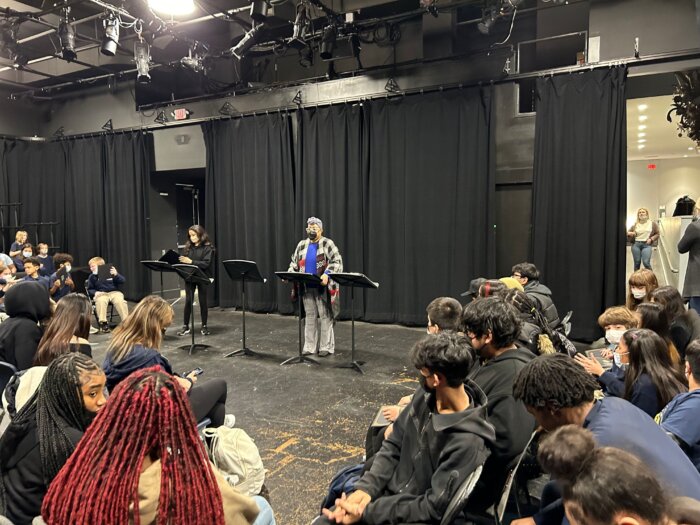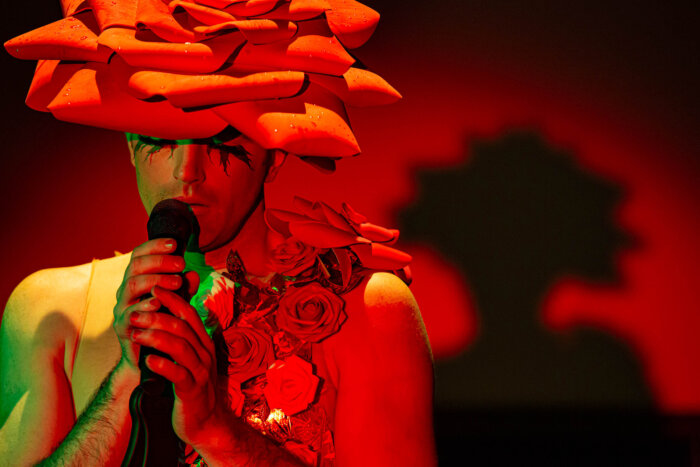Imagine being a Lyft driver and getting serenaded by one of your passengers — who just so happens to be a renowned opera singer. That happened recently, when famed mezzo-soprano Stephanie Blythe, who stars as the lead in Opera Philadelphia’s “Tancredi,” took a ride to rehearsal. “When I told [the driver] what I did for a living, he asked me to sing for him — which I wouldn’t normally do,” she says. “But for some reason I decided to sing for this guy, and he was unbelievably moved — almost to tears. He says, ‘I don’t know anything about opera, and now I want to go and see one.’” We chat with the Richard Tucker Award winner about the accessibility of opera, playing the role of a man in the Rossini’s “Tancredi” and relishing sad endings. In Tancredi, you play the lead role — a man. How does it feel to wear the pants onstage? So men don’t typically play female roles in opera? When “Tancredi” was first performed, it had a happy ending but then it was rewritten to have a sad one. Which would you have preferred? Do you think people like sad ending these days with all the conflict in our country? How does it feel to be returning to the Academy of Music? What are your favorite things about Philly? How can opera open itself up to more diverse audiences? “Tancredi” will be performed atThe Academy of MusicFeb. 10-19.
For more information, visitoperaphila.org.
It’s a very nice experience. I’ve played several men before and in this show, I’m not the only one doing it. There’s a lovely young mezzo-soprano who is playing one of the soldiers — Roggiero. I remarked to a few of my colleagues recently, “I wish more of my male counterparts had the opportunity to explore their feminine side.”
It doesn’t tend to go both ways. When there’s a role where a man sings a woman’s part or a role that’s a woman, it’s generally comedic. So it’s not the same.
I like the sad ending. Dramatically it’s more satisfying. Also, mezzo-sopranos very infrequently get death scenes. That’s always relegated to a tenor or soprano. We rarely get scenes like this, so when you can, you relish it.
I think people want to see theater, and they want to be transported. And believe me, there’s enough beautiful music in this opera that a sad ending isn’t going to matter a wit to anybody. The music is so gorgeous.
Wonderful. I’ve always loved singing here and this house was very important to me in the beginning of my career. It was one of the first professional houses in which I sang as a professional singer and not as a student. It’s like coming back to a wonderful family. Also having the opportunity to sing again with Corrado Rovaris conducting is amazing.
One of my favorite buildings of all time, beyond theAcademy of Music— which is one of the most beautiful theaters in which I’ve sung — isCity Hall. It just takes my breath away.
I think the mistake is in how opera is perceived. It’s always been accessible. It’s just that people don’t know that it’s there. A lot of people use words like “elitist” when it comes to opera because they say it doesn’t appeal to the masses — but it’s always been a niche market. If opera starts trying to redefine itself to attract more people, we’ll cease being what we are. Why should we apologize? Why should opera apologize for being opera?































